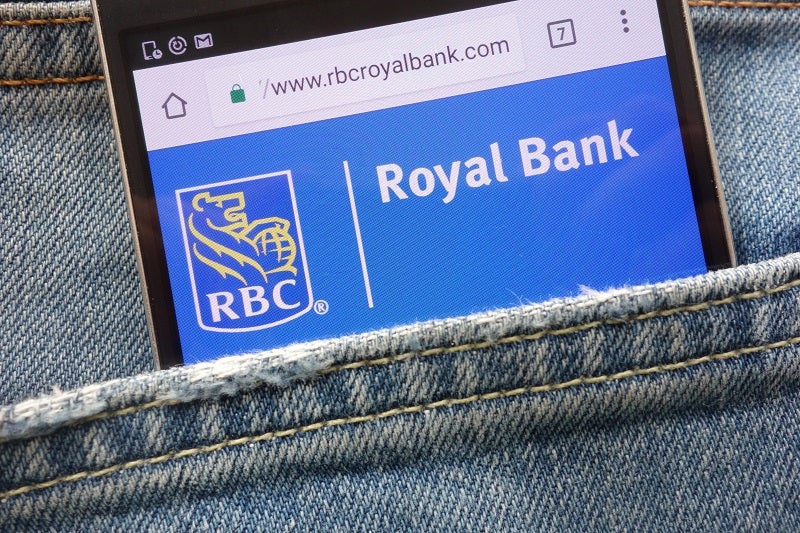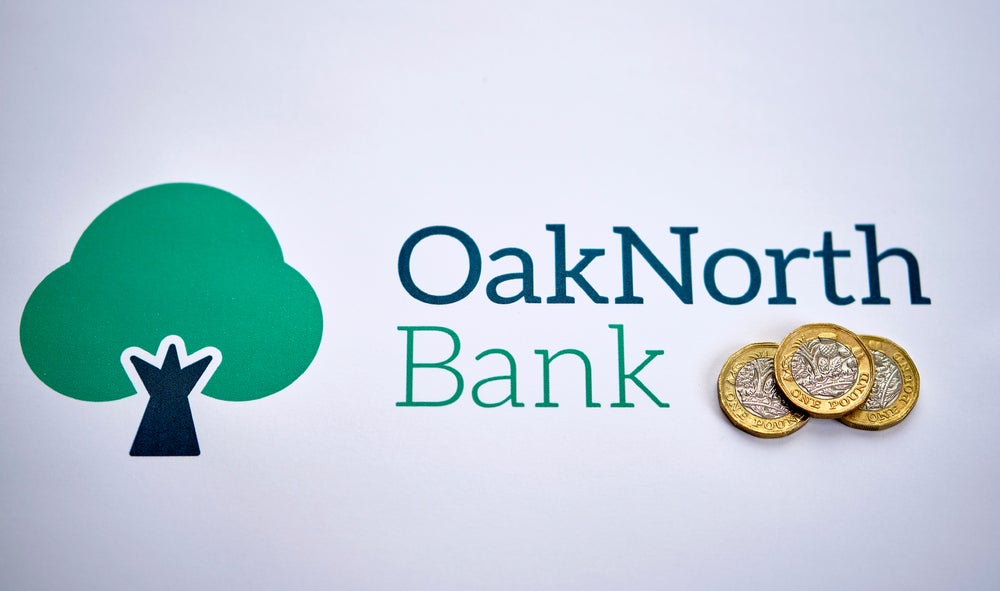
Covid has been one of the biggest tests in recent history for the world economy and for the global banking industry but as Douglas Blakey reports, the banking sector in general and a number of prominent leading players such as RBC in particular, have played a blinder during the pandemic
As the crisis unfolded over the course of the past year, banks have played a pivotal role in managing the economic fallout, acting as a critical transmission mechanism for relief programmes to affected individuals, businesses and communities. But while the banking industry has generally held up under this financial stress test, perhaps the greater test for many banks has been in proving themselves to their clients during this moment of need.
Beyond their role as the stewards of capital, some banks – such as Royal Bank of Canada – have seized upon the opportunity to demonstrate their role as drivers of innovation and as key partners to their clients and communities during the pandemic.
‘Beyond Banking’ in practice amid the pandemic
In the case of RBC, the company has long prided itself on its ‘beyond banking’ proposition for clients – and it’s this proposition that the bank chose to double down on during the pandemic.
“With every business facing their own unique set of challenges and opportunities, it was clear that there was no one size fits all solution to supporting our clients,” comments Greg Grice, Executive Vice-President, Business Financial Services at RBC. “Instead, being there for our clients would require not only providing financial relief and checking in with them, but also ensuring that each encounter brought meaningful and tailored solutions that go beyond banking to the table.”
As part of this approach, RBC advisors have made it a part of their process to conduct in-depth discovery conversations with clients before disbursing extensive financial relief.
How well do you really know your competitors?
Access the most comprehensive Company Profiles on the market, powered by GlobalData. Save hours of research. Gain competitive edge.

Thank you!
Your download email will arrive shortly
Not ready to buy yet? Download a free sample
We are confident about the unique quality of our Company Profiles. However, we want you to make the most beneficial decision for your business, so we offer a free sample that you can download by submitting the below form
By GlobalDataWith the government of Canada unveiling a number of credit, subsidy and other relief programmes to assist affected Canadians, the bank has worked closely with clients to support them in selecting and accessing the programmes most suitable for their needs, including the Canada Emergency Business Account (CEBA), Business Development Canada and Export Development Canada Business Credit Availability Programs (BCAP), the Canada Emergency Wage Subsidy (CEWS), the Canada Emergency Rent Subsidy (CERS) and most recently, the Highly Affected Sectors Credit Availability Program (HASCAP).
More than 195,000 CEBA applications approved
To date, the bank has processed more than 195,000 approved CEBA applications and over 118,000 approved CEBA expansions through its self-serve, online process, representing more than C$10.4bn in total CEBA relief to support Canadian businesses. In addition, the bank has continued to facilitate the delivery of other key programmes as well.
But even as RBC was stepping up with unprecedented amounts of emergency fiscal support, it also began to look at the longer-term implications of the pandemic for small businesses. With the economy beginning to slowly re-open last summer, RBC recognised early on that small business owners would still face new challenges of curtailed demand, altered spending patterns, and brand-new ways of operating and delivering products.
“Canadian businesses, especially small businesses, are the backbone of our economy and the heart of our communities. Though emergency relief is an important stop-gap, what it can’t do is replace the role that these businesses play in our neighbourhoods,” says Grice. “As the economy began to re-open, it was important to us to help Canadians keep connected with their local businesses, while also working to kick-start the economy.
Points for Canada-supporting local businesses
That was the genesis behind programmes like Points for Canada, the bank’s campaign aimed at spurring RBC clients to support local businesses through incentivising offers such as special deals on the redemption of their reward points at their favourite Canadian brands, or 2x RBC Rewards points at restaurants across Canada. Yet at the same time, the bank was also looking at broader ways to unite Canadians and drive demand for local businesses.
Last summer, RBC also led the launch of Canada United – a national movement that brought together the Government of Canada, the national Chamber network and more than 50 of Canada’s leading brands in order to rally Canadians to “show local some love.”
In addition to shopping, eating and dining local, Canadians across the country were also encouraged to show their support through simple micro-actions, such as liking social media posts or watching videos, for which RBC would contribute 5 cents to the Canada United Small Business Relief Fund.
In total, the initiative raised more than C$14m for the Canada United Small Business Relief Fund, all of which was funneled directly to entrepreneurs across the country to aid them in re-opening and managing pandemic-related expenses.
“If there has been one bright spot during the pandemic, it’s seeing Canadians come together to support one another and to support our local businesses,” adds Grice. “Ensuring the recovery of our country’s businesses will require a collaborative effort across all levels – from government, to the financial industry, and to each and every Canadian. Our approach here at RBC has always been focused on helping to facilitate that unity of purpose, and for that reason, we were incredibly proud of what programmes like Points for Canada and Canada United were able to achieve.”
Digital transformation remains a work in progress
Alongside its focus on bridging the gap, the bank is also working to help prepare businesses for the new ‘normal’ and the rapidly changing post-pandemic economy. With the crisis accelerating the adoption of digital technologies from e-commerce to contactless payments, it’s clear that this shift in the way Canadians spend and consume may be here to stay.
But for many of Canada’s businesses, especially the smaller ones, digital transformation isn’t as easy as flipping a switch. Indeed, a Statistics Canada survey found that only 23% of small businesses in Canada reported online sales in 2019 before the pandemic hit – indicating still much room for growth when it comes to digital adoption.
For Canada’s small businesses, the challenge of modernising quickly is critical, and in their role as a trusted partner, RBC too has sought to support its clients in this area.
Throughout the pandemic, the organisation has rapidly ramped up initiatives intended to help clients to get online and to meet changing needs, rolling out key new services such as Remote Account Open, which allows clients to open business and personal banking accounts through a fully remote and online process.
Since its launch in September, the bank has seen 30-40% month-over-month growth in accounts opened from the safety and convenience of their own home.
At the same time, the bank has also introduced other beyond banking services designed to help small businesses enable an online presence, offering to its clients special offers with partners like digital payment processor Moneris, website builder Bookmark, or online network Nextdoor.
Backing Black Entrepreneurship with Futurpreneur programme
Even as the light seems to be slowly emerging at the end of the tunnel, the bank is not letting up steam in its support for its clients through the pandemic.
Looking to the future, RBC’s focus now lies in not only supporting as many clients as possible through the disruption, but also setting them up for success and ensuring a more equal and inclusive economy in the recovery.
To that end, the organisation recently announced in March the Black Entrepreneurship Start-Up Program, through which RBC is committing up to C$40m for Futurpreneur to offer small business loans, mentorship and business resources to Black entrepreneurs.
Speaking to the initiative’s warm reception in the Black community, the programme has already seen over 600 leads and has funded three entrepreneurs within its first month of launch.
“We know the financial industry can play a key role in enabling the growth and prosperity of small businesses, which are a key engine of Canada’s economy,” says Grice.
“So, while recovery is a marathon, not a sprint, we remain committed to supporting our clients through every step of this journey. Ultimately, our goal is to see our clients and our country build back better, and come out stronger at the end of this crisis.”






